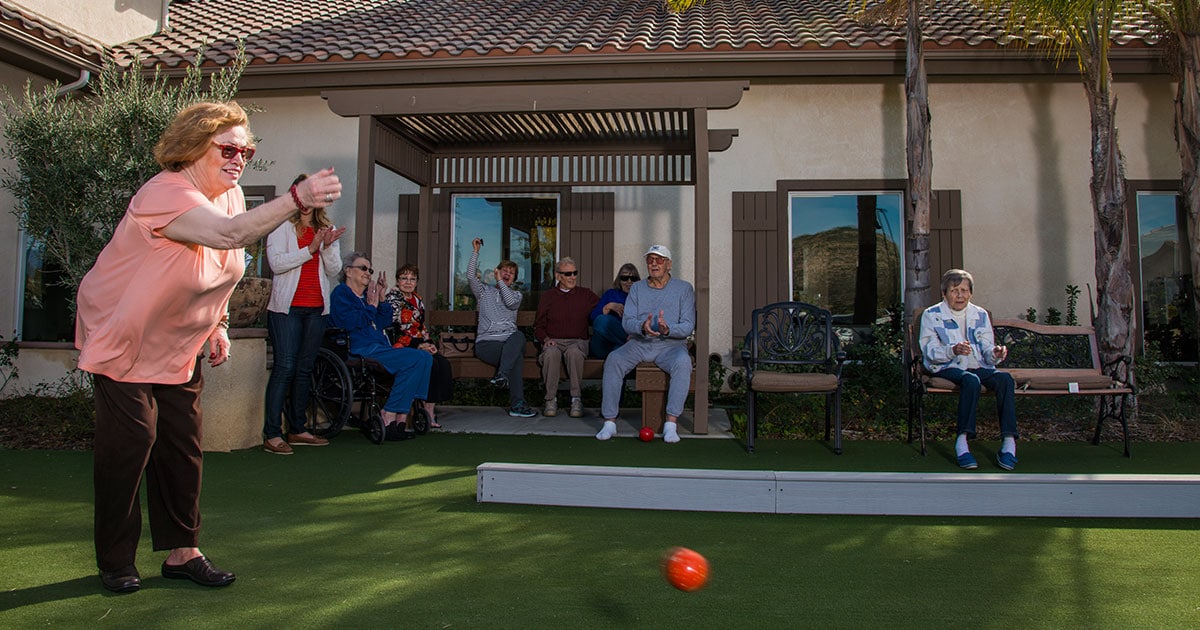Preventing Senior Dehydration
As the heat continues on, it is important for everyone to stay safe from the daily heat, and watch for dehydration. Aging causes seniors to be more susceptible to dehydration for many reasons. Medications can make the body more susceptible to dehydration and heat stroke. Medications that cause sweating, or are diuretics, cause water loss in the body system. When people age, their sense of thirst and their appetite often diminishes. Also, decreased kidney function occurs.
UTI Symptoms
The effects of senior dehydration can be disastrous. For instance, dehydration can cause a urinary tract infection (UTI). Common symptoms of UTIs include cloudy urine, a frequent urge to urinate and night sweats. UTIs in senior adults can cause erratic behaviors. Additionally, they may experience symptoms such as falling, hallucinations, and
confusion. This is why UTI symptoms are sometimes confused with neurologic disorders symptoms like dementia or stroke.
Seniors who have dementia are less likely to consume enough water throughout the day. They may forget to drink water or not be thirsty. Encourage them to drink water. Additionally, eating Popsicles, frozen juices, or jello can help prevent dehydration.
Experiencing confusion, muscle weakness, dizziness or irritability are indicators of dehydration. Also look out for fever, disorientation, UTIs, dry skin and poor elasticity in the skin.
Staying Hydrated
Seniors should limit outdoor activities in the heat of the day. Try finding indoor activities instead. When the weather gets severely warm, you should check on your loved ones. Keep hydrating beverages and foods readily accessible to them. Some high fluid foods are soups, applesauce, yogurt, grapes, and watermelon.
If you suspect dehydration in a senior, it is critical that you consult their physician. Start rehydrating them with water and other hydrating drinks as soon as possible. Dehydration in seniors can be a very quick process.
Learn More About Assisted Living


